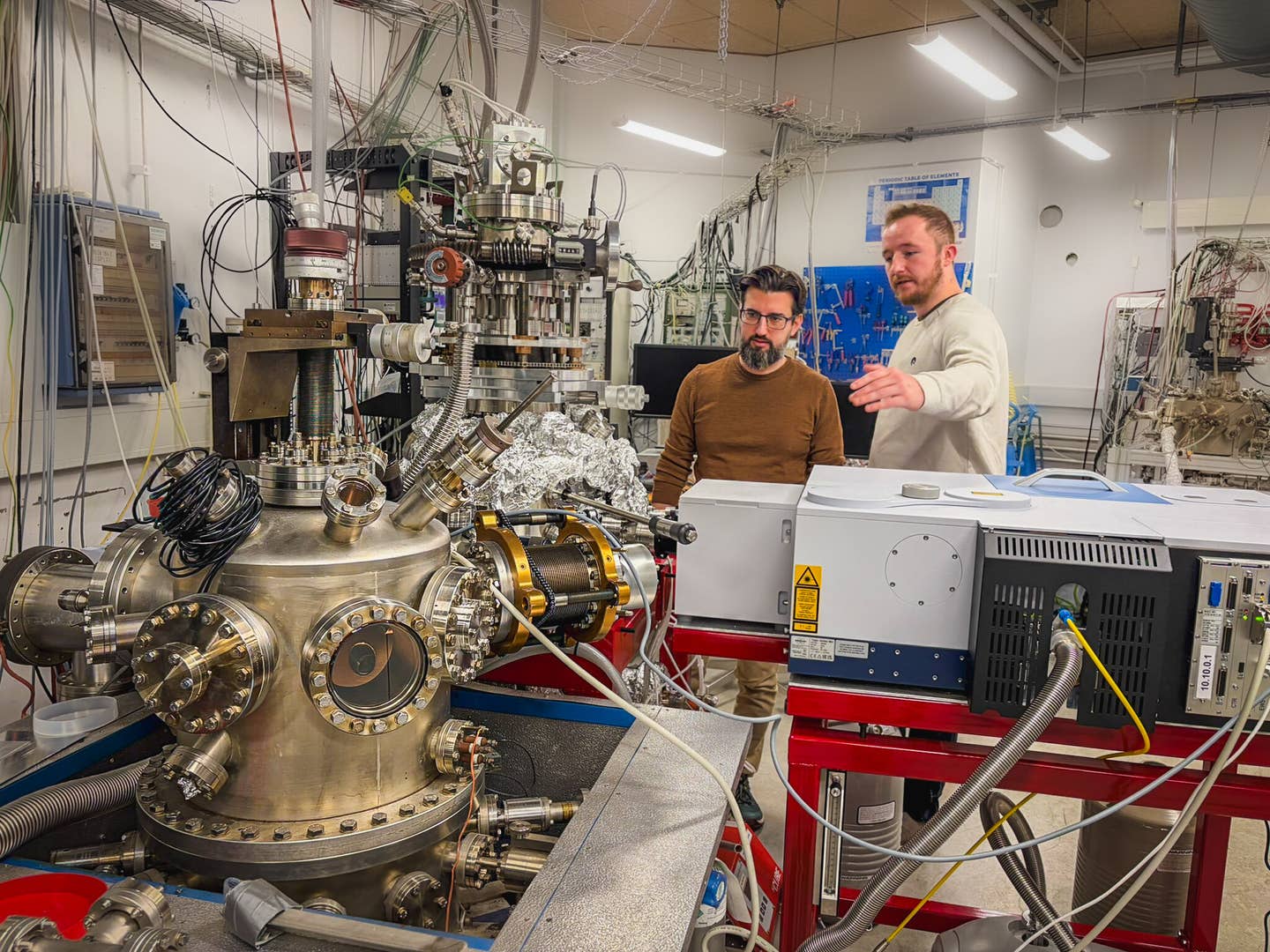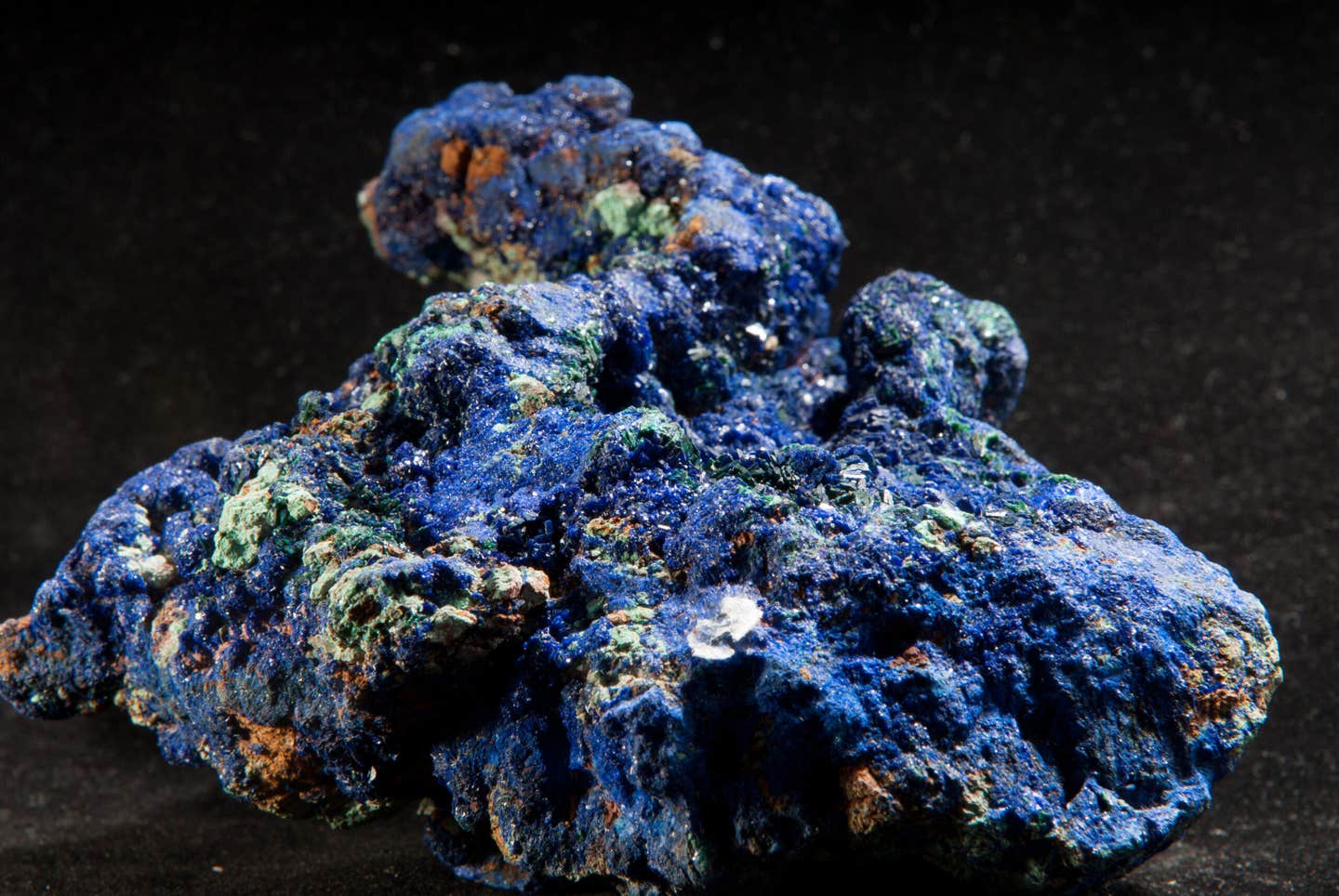Groundbreaking discovery links social anxiety to very rare psychic gift
Recent trends show Western healthcare inching towards the healing philosophies of the East, like meditation.

[Nov. 5, 2023: Staff Writer, The Brighter Side of News]
Researchers have found that a well-known gene, Tob, plays an important role in reducing depression, fear, and anxiety. (CREDIT: Creative Commons)
The march of Western medicine, with its troves of remarkable breakthroughs, stands as a testament to human ingenuity. Yet, as with any evolving science, there are still vast terrains of knowledge that elude our grasp.
Chief among these is the intricate world of mental health. Guided by ancient Eastern traditions and a burgeoning body of research, we embark on a journey to explore how some conditions, traditionally deemed negative, may hold the key to unlocking incredible human potential.
The East Meets West: Bridging Millennia of Wisdom
While Western medicine has ushered in a revolution of health advancements, certain aspects remain in its embryonic stage, particularly concerning the human brain. Dubbed as "the most complex biological machine in the known Universe," comprehending its mysteries is further complicated by the mind-body connection.
Recent trends show Western healthcare inching towards the healing philosophies of the East, like meditation. Still, the understanding of mental health remains in its nascency.
Anxiety: A Double-Edged Sword
Anxiety, a term all too familiar in our modern lexicon, afflicts approximately 40 million adults in the U.S alone, representing a staggering 18% of the population. Despite the debilitating intensity it can sometimes present, a fresh perspective has emerged. Increasingly, Western medical professionals recognize that moderated anxiety might have unexpected benefits.
Related Stories
Findings from a research study at Lakehead University provide a groundbreaking revelation: individuals with anxiety consistently outperformed others in verbal intelligence tests.
Echoing this sentiment, a study from the Interdisciplinary Center Herzliya in Israel identified an uncanny ability among anxious individuals to maintain unwavering focus amidst distractions. This heightened alertness, coined "sentinel intelligence," enables them to discern threats earlier than others, such as detecting the scent of smoke when others remain oblivious.
In a paradigm-shifting study from SUNY Downstate Medical Center, New York, participants with generalized anxiety disorder (GAD) displayed an intriguing trend. Those with intense GAD cases had markedly higher IQs compared to their counterparts with milder conditions. A proposed theory suggests, "an anxious mind is a searching mind." In essence, the hyperactive analytical tendencies in anxious individuals might be a catalyst for their cognitive superiority.
Extreme close up portrait of sad and depressed man. Caucasian man crying face. (CREDIT: Mystical Raven)
Social Anxiety and the Empath Connection
One of the most compelling narratives in this saga is the intersection of social anxiety disorder, or social phobia, and empathy. Researchers from the National Institutes of Health and the National Center for Biotechnology Information hypothesized that high-socially-anxious individuals may possess heightened mentalizing and empathic abilities. This theory was tested by assessing empathy using self-rating scales and a computerized task aimed at gauging the ability to judge affective vs. cognitive mental state attributions.
The results were nothing short of astonishing. A significant number of individuals with social anxiety emerged as 'gifted empaths,' demonstrating exceptional right-brain activity. These individuals possess an innate ability to sense and interpret the feelings, intentions, and motivations of those around them. As described by Dr. Jill Bolte Taylor in her TED Talk, these empaths exhibit heightened intuition, aligning with Steve Jobs' belief that "[Intuition] is more powerful than intellect."
Dr. Jill Bolte Taylor: researcher from the National Institutes of Health and the National Center for Biotechnology Information. (CREDIT: Creative Commons)
The research conclusion was unequivocal: "Results support the hypothesis that high-socially-anxious individuals demonstrate a unique profile of social-cognitive abilities with elevated cognitive empathy tendencies and high accuracy in effective mental state attributions."
Rethinking Mental Illness: A Shaman's Perspective
As Western medicine continues its exploration into mental health, it's worth considering other interpretations. Malidoma Patrice Somé, Ph.D., a blend of shaman and Western-trained doctor, offers a riveting perspective. He posits that in shamanic traditions, mental illnesses signal the emergence of a healer. Rather than pathologies, these conditions are spiritual awakenings, or "spiritual emergencies," necessitating the birth of a healer.
Mental health, as we understand it today, is a complex weave of ancient wisdom, scientific research, and evolving narratives. As we stride forward, it's paramount to embrace diverse perspectives and recognize that conditions like anxiety might not be mere disorders but reservoirs of untapped potential.
To further explore the profound intersections of traditional and contemporary views on mental health, delve into the enlightening works of Malidoma Patrice Somé, Ph.D. His insights, coupled with the burgeoning body of research, promise to shape our understanding of the enigmatic realm of the human mind.
Note: Materials provided above by The Brighter Side of News. Content may be edited for style and length.
Like these kind of feel good stories? Get the Brighter Side of News' newsletter.



